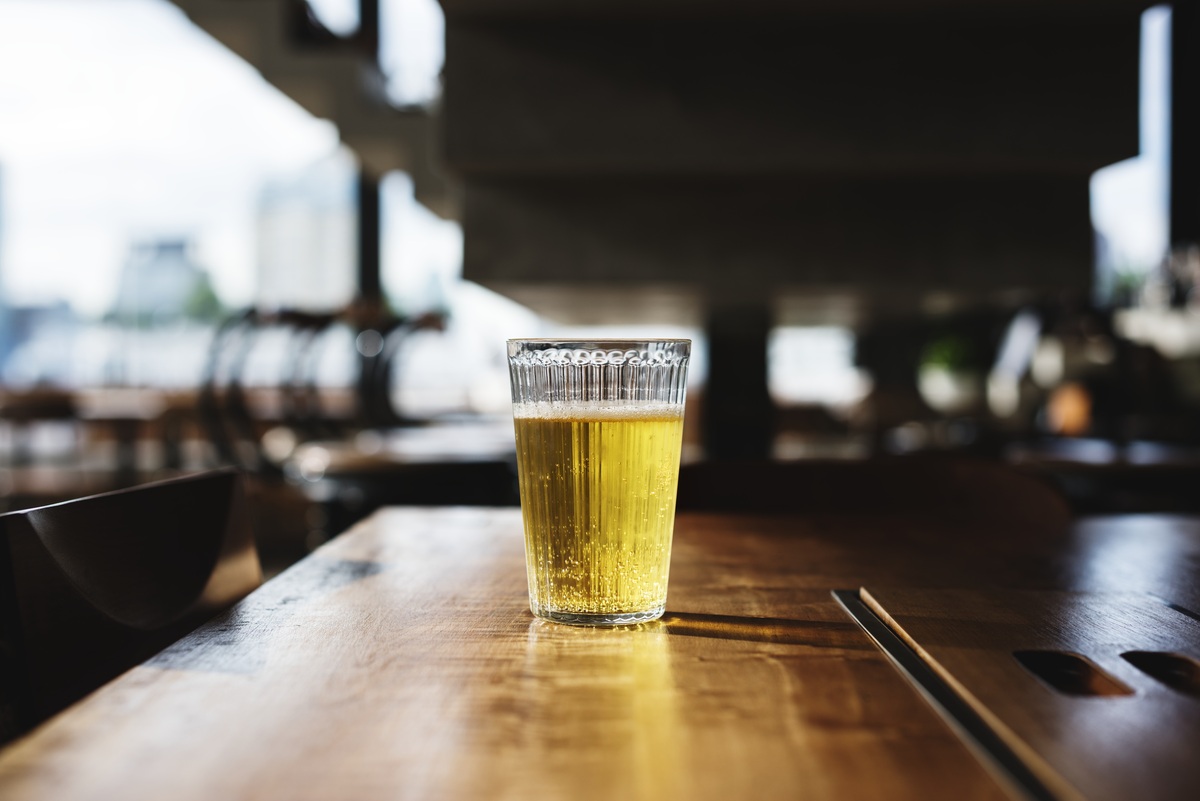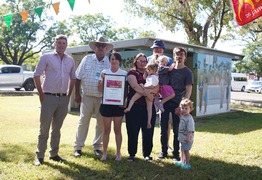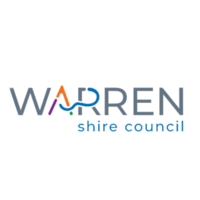Does taxing alcohol reduce harm?
River McCrossen
08 February 2025, 1:40 AM
 Most publicans who spoke to the App said they would raise drink prices after the national alcohol tax rose this month. IMAGE: rawpixel/ Freerange Stock
Most publicans who spoke to the App said they would raise drink prices after the national alcohol tax rose this month. IMAGE: rawpixel/ Freerange StockWestern pubs are facing the decision of whether to pass on a two to three per cent tax hike on alcoholic beverges.
The federal government's twice-a-year excise change came into effect on 3 February.
Publicans who spoke to the Western Plains App said the excise puts an extra 'cost of living' burden on venues and clients.
"It just never ends, it's all these costs," said Armatree Hotel owner Renee Ryan.
"People obviously love their beer, especially their tap beer - that's why they call in to a pub - to have a yarn - but it's got make them think twice about it."
She said the hotel will have to pass the increase onto patrons.
At the Imperial Hotel in Trangie, locally-raised bar manage Shane Dolton, said it would be hard for them not to do the same.
"You're going to jump by nearly 50 cents a schooner for light beer," Mr Dolton said.
He says the impost is felt most by venues in areas with smaller populations.

The Imperial Hotel Trangie. IMAGE: Facebook
"We're getting judged on hotels like Coogee Bay Hotel. We haven't got big entertainment. We haven't got 30,000, 40,000 people living around us," he said.
"The school, the swimming club, the soccer club, or whatever, kids, they come to the pubs to do their raffles and ask for donations. People aren’t buying any tickets anymore. They can't afford it."
Publicans who spoke to the App said they don't understand why the excise is in place or dismissed it as a 'cash grab.'
The excise is paid for drinks with an alcohol content above 1.15 per cent and can vary based on the alcohol percentage, type of drink, the container size and whether it's for commercial use.
New rates are figured out using the Consumer Price Index, which measures inflation.
Wine is taxed separately under the Wine Equalisation Tax, paid by producers at 29 per cent.
Does taxing alcohol reduce harm?
One of the rationales behind the excise is to reduce alcohol-related harm by making drinks less affordable.
Dr. Ou Yang is a senior research fellow at the Melbourne Institute: Applied Economic and Social Research and studies alcohol policy, including the excise.
He said there is a research consensus that reducing affordability is the "most effective and cost-effective" way to reduce alcohol-related harms.

Dr. Yang took part in a study in, published in 2022, which found some drinks tend to cause more harm than others. IMAGE: supplied
"Tax is not a bad thing because it generates revenues for the government to pay for things like our healthcare services and build new hospitals, right?" Dr Yang said.
"But I think you have to make sure it has been designed wisely.
"The current system is really just a piecemeal patchwork. It depends on which lobby group is shouting out the loudest for tax cuts, tax rebates or tax concessions.."
Even if the alcohol percentage is the same, Dr Yang said not all drink types are created equal.
For example, results from a 2022 study he was a part of found regular-strength beer and bottled wine were the drinks most likely to be linked to drink-driving.
Dr Yang said the excise should be linked to harm.
"Ideally, alcohol tax should be targeted at those excessive consumers whose consumption creates negative costs and harm, and not at moderate consumers who do not generate such negative costs to others," he said.
"However, 'excessive consumption' is hard to measure, and taxing directly by consumer type is difficult to implement due to potential ethical and privacy issues.
"A more feasible and efficient approach is that those drinks associated with negative costs or consumed by individuals causing the most harms would be taxed higher while other drinks that don't really cause you that many troubles should probably not be taxed that much."



